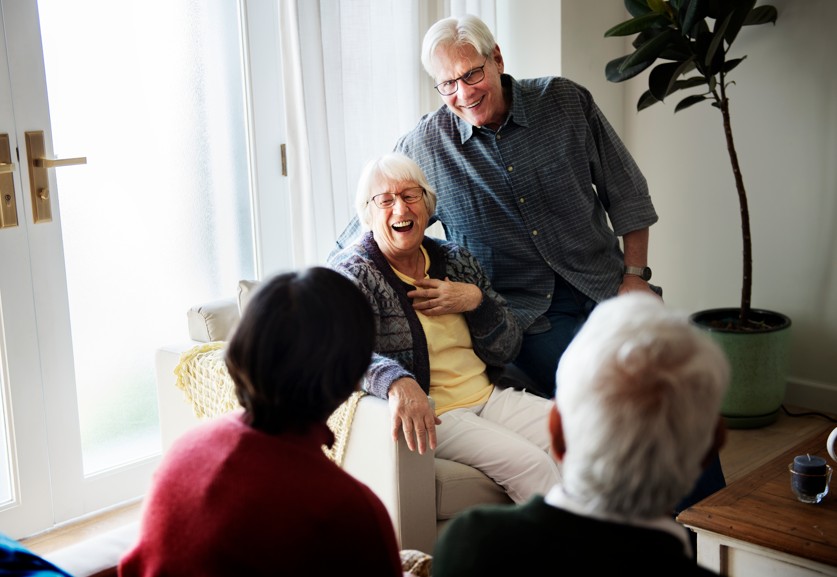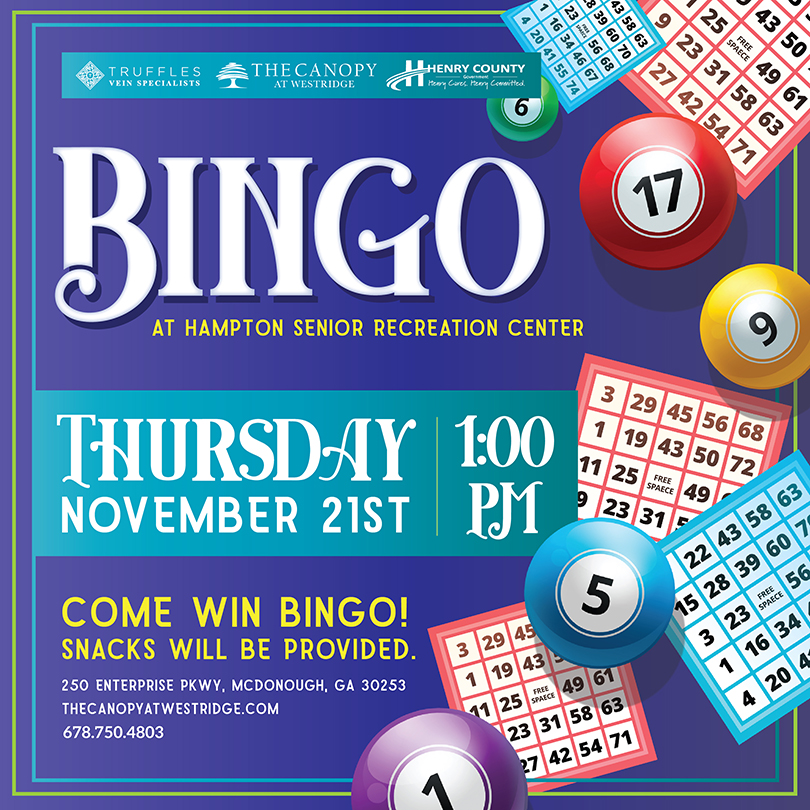When seniors open their hearts, their questions often carry both tenderness and weight. They may wonder if their presence still matters, if their family will visit, or if love can still find them in this stage of life. These are not questions to solve quickly but invitations to listen, to sit close, and to understand the emotions behind the words. Each one is a window into their longing for connection, reassurance, and a sense of purpose that continues even as life changes around them.

1. Do I Still Have Something Meaningful to Offer?
What it sounds like
“I don’t want to feel invisible. I want to know I still matter.”
What’s underneath
Fear of being overlooked, need for recognition, longing for purpose.
Small moves
- Share a story from your past during family meals.
- Offer advice to younger relatives when they face choices you’ve lived through.
- Take part in a community activity where your skills are useful, like teaching a craft, gardening, or reading aloud.
A question that opens the door
“What experience from your life could inspire someone else today?”
2. How Can I Stay Connected When My Circle Feels Smaller?
When circles shrink, connection can still grow—it just takes choosing new doors to open. Think of it as three paths you can step into, depending on what feels right today:
Path 1: Family and old friends
Keep the ties alive with simple rituals: a Sunday call, sharing photos through group chats, or asking a grandchild to teach you a new app.
Path 2: Community and shared interests
Look for clubs, choirs, or gardening groups in your town. Many libraries and churches have weekly meet-ups that welcome new faces.
Path 3: New environments
Some people find connection by changing their setting. Retirement communities like The Canopy at Westridge in McDonough, GA offer daily activities, shared meals, and spaces where neighbors naturally become friends.
Each path has its own rhythm, and you don’t need to pick just one. Moving between them creates a web of connections that feels both strong and alive.
3. How Can I Stay Connected When My Circle Feels Smaller?
Health changes often raise fears about independence and identity. Psychologists describe this as anticipatory anxiety: worrying about losses that have not yet happened. The good news is that there are ways to prepare both emotionally and practically.
- Acknowledge the feeling
Naming the fear reduces its intensity. Saying “I worry about losing my independence” opens the door to support. - Build a safety net
Talk with family, doctors, or a trusted advisor about your wishes. Create a plan for care options, whether that means staying at home with help, exploring assisted living, or looking into memory care if needed. - Strengthen resilience
Studies show that seniors with stronger coping strategies and social ties adapt better when health shifts occur (Jeste et al., 2013). Daily practices like mindfulness, journaling, or community groups can nurture resilience. - Focus on what remains possible
Even with health changes, many aspects of life—friendships, creativity, learning, joy—can continue to thrive. Communities with supportive environments make these experiences more accessible.
Professional insight
Declining health does not erase identity. It changes the way independence is expressed. Preparing ahead and staying connected can transform fear into a sense of agency.

4. Will I Lose My Independence as I Age?
The fear of losing independence is common, but independence is not an all-or-nothing state. Gerontologists often describe it as a spectrum that can be nurtured through habits, planning, and support. Instead of imagining independence disappearing, it helps to track the factors that keep it alive.
Independence checklist
☑ Keep mobility strong: gentle exercise, balance training, and safe walking routines.
☑ Manage daily tasks: practice small routines like cooking, organizing medication, or handling finances.
☑ Plan for support: talk with family or trusted advisors about future needs, before they become urgent.
☑ Use tools and technology: devices, reminders, or apps can make routines easier.
☑ Choose environments that adapt: senior living communities, such as those offering assisted living, provide support for what becomes difficult while allowing autonomy in other areas.
Professional insight
Research highlights that independence in later life is strongly linked to adaptability, not to avoiding all forms of help. Accepting support where it is needed often extends the ability to live life on one’s own terms (Baltes & Baltes, 1990).
5. Is It Still Possible to Fall in Love or Feel Companionship Again?
Love does not have an expiration date. What changes with age is the way we approach intimacy, trust, and companionship. To make this less of an abstract thought and more of a lived possibility, let’s explore it step by step.
Reflection moment
Close your eyes for a few seconds and think: Who made me feel seen in the last month?
It could be a neighbor who waved every morning, a caregiver who remembered your favorite dessert, or even someone you met at a community event. That spark of recognition is the seed of companionship.
Myth-busting
- Love is only for the young → False. Research shows that older adults who form new romantic or companion bonds report higher life satisfaction and emotional resilience (Brown & Lin, 2012).
- Health issues block intimacy → Not always. Many couples adapt by focusing on emotional closeness, shared rituals, and non-traditional expressions of intimacy.
- Moving to a senior community reduces romantic chances → In reality, social living environments often increase the opportunities for companionship by creating safe, shared spaces.
Interactive exercise
Ask yourself these three questions:
- What qualities would I like to share with someone at this stage of life (patience, humor, stability)?
- Where in my current routine could I allow space to meet or connect with others?
- What small gesture could I make this week to open the door a smile, a conversation, or joining an activity?
Write down your answers. This turns the question from a “what if” into a roadmap.
Real-world doors to open
- Friendship first: Companionship often grows from shared interests like a gardening club or volunteering.
- Romance in new settings: Communities like The Canopy at Westridge host social gatherings where bonds can form naturally.
- Digital connection: Seniors are increasingly using online groups or even dating apps designed for older adults, creating spaces where honesty and maturity are valued.
Professional insight
Companionship in later life is less about chance and more about intentionality. Studies show that older adults who actively engage in social and emotional exploration are more likely to experience meaningful connections (Carstensen et al., 2020).
6. What Legacy Will I Leave Behind for My Loved Ones?
Legacy begins in everyday moments. It takes shape in the words you repeat to your children, the traditions you protect during holidays, the recipes that carry your handwriting, and the stories that come alive every time you tell them.
A useful way to think about legacy is to treat it like a living collection. You can build it slowly and with intention. Try these ideas:
- Write letters that describe a lesson you learned, even if it came from a mistake.
- Record short voice notes or videos telling a favorite memory.
- Choose one object from your home and explain its meaning in a note attached to it.
- Start a small “legacy box” with photos, recipes, or journal pages.
Legacy journal prompts
Take a notebook and write for five minutes under each of these prompts:
- A lesson I learned the hard way that I don’t want my family to repeat is…
- The happiest moment of my life was… and here’s what it taught me.
- One tradition I hope continues after me is…
- If I had to give my loved ones one sentence of advice, it would be…
Three legacy pathways
- Memory legacy: Record voice notes, videos, or a family recipe book. These everyday pieces often matter more than formal documents.
- Value legacy: Write down the principles you lived by kindness, faith, creativity, perseverance and share them through letters or conversations.
- Community legacy: Contribute to something beyond family. Volunteering, planting a tree, or supporting a cause reflects who you are and ripples forward.
Practical step
Consider creating a “legacy box.” Inside, place photos, handwritten notes, or small objects that represent your journey. This can be updated over time and gifted to your family when you feel ready. Communities such as The Canopy at Westridge sometimes host storytelling or memory-capturing workshops that can make this process easier and more meaningful.
7. Is There Still Something New for Me to Discover at This Stage of Life?
Discovery can feel different in later years, but it is still possible when you know where to look. Here are simple ways to invite it into daily life:
- Learn something new
Take a short class, explore a hobby you once left aside, or try a digital course on topics that spark curiosity. - Engage with culture
Visit local museums, listen to music outside your usual taste, or attend community events. Each experience brings fresh perspective. - Build connections
Meeting new people creates space for discovery. Conversations with neighbors, group activities, or even virtual meetups can reveal unexpected stories. - Explore nature
A garden, a park, or a quiet walk often provides new sights, sounds, and moments of reflection. - Create traditions
Small rituals—like cooking a new recipe every month or starting a photo journal—turn everyday life into a field of discovery.
At The Canopy at Westridge, residents discover new activities and friendships daily, from gardening and art to local celebrations unique to McDonough. If you wonder whether discovery is still possible, the best way to know is to experience it yourself. Schedule your guided tour today and see what waits for you here.
References:
Baltes, P. B., & Baltes, M. M. (1990). Successful aging: Perspectives from the behavioral sciences. Cambridge University Press.
Brown, S. L., & Lin, I. F. (2012). The gray divorce revolution: Rising divorce among middle-aged and older adults, 1990–2010. Journals of Gerontology Series B: Psychological Sciences and Social Sciences, 67(6), 731–741.
Carstensen, L. L., Turan, B., Scheibe, S., Ram, N., Ersner-Hershfield, H., Samanez-Larkin, G. R., … & Nesselroade, J. R. (2020). Emotional experience improves with age: Evidence based on over 10 years of experience sampling. Psychology and Aging, 25(1), 1–12.
Jeste, D. V., et al. (2013). Association between older age and more successful aging: Critical role of resilience and depression. American Journal of Psychiatry, 170(2), 188–196.







